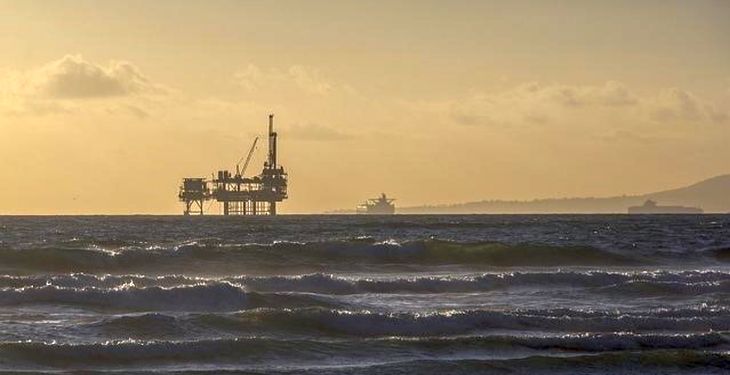Life in the Black Sea is in danger, and the decision to invest in Neptun Deep is a catastrophic one for biodiversity, the environment and the Romanian coast, as shown by dozens of similar exploitations, says Greenpeace.
“The pressure that the Neptun Deep project will have on marine habitats adds to the ecological problems the Black Sea is already facing. Scientific collaboration projects and programs in the Black Sea, such as EMBLAS, Connect Black Sea and MISIS Black Sea Marine Atlas, have demonstrated that pollution by toxic substances and microplastics, overfishing and invasive species are major challenges for life in the Black Seafor life in the Black Sea,” activists say.
In addition, the Russian invasion of Ukraine poses serious threats to marine habitat due to war damage, exploding sea mines, increased exposure to noise pollution, oil spills, and other conflict-induced devastation. Reports of the decimation of Black Sea dolphins and their southward migration show a much greater impact on the marine environment than originally thought. Moreover, the recent destruction of the Kakhovka dam exposes the Black Sea to a new ecological disaster.
“Offshore gas extraction operations have devastating and irreversible consequences on the marine and coastal environment, as well as significant negative effects on local communities and tourists on the Romanian coast,” says Alin Tănase, Greenpeace Romania campaign coordinator.
The proposed site for the construction of the onshore facilities of the Neptun Deep project is located in the south of Tuzla commune, Constanța county, in the immediate vicinity of the Costinești tourist resort, where the nearest houses are located approximately 100 meters from the limit of the proposed pipeline installation area. On the other end, the Neptun Deep perimeter development area is located in the western Black Sea, in Romania’s exclusive economic zone (EEZ), 160 kilometers from onshore facilities. The offshore infrastructure crosses several different and unique geomorphological units, including the Black Sea coast, platform and continental slope.
The project intersects two Natura 2000 protected areas, located in the coastal area of the Black Sea. These are represented by the Black Sea Natura 2000 Site (ROSPA 0076), which will be under-crossed by the pipeline route for a length of approximately 2.5 km, and by the Tuzla Cape Marine Area Natura 2000 Site (ROSCI 0273), also under-crossed of the pipeline route for a length of approximately 600m. The execution plans of the tunnel and the pipeline near the shore will include the use of ships anchored within the Natura 2000 protected natural areas, with a negative impact related to the damage to the habitat surfaces characteristic of the hard substrate (reefs).
“Offshore gas exploitation endangers – without a climatic, environmental or even an economic justification – an ecosystem representative of Romania and parts of the coast. Romania has much better options and a very large potential for clean energy. Exploiting is an irreparable mistake, for which we will all have to pay. It’s still not too late to say ‘no’ and we invite all those who do not support this destructive project to join us,” says Alin Tănase, Greenpeace Romania campaign coordinator.
